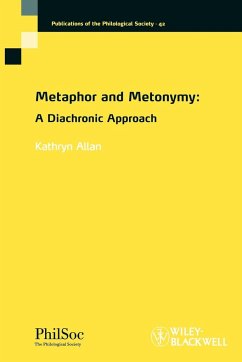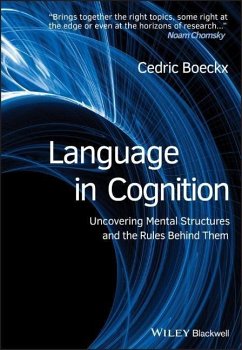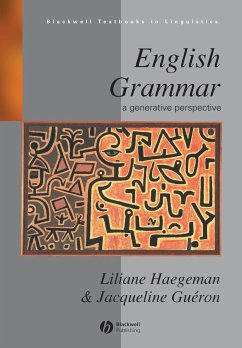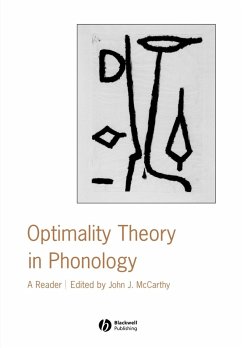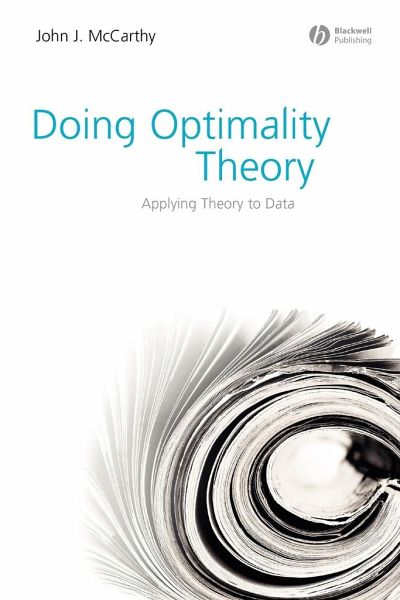
Doing Optimality Theory
Applying Theory to Data
Versandkostenfrei!
Versandfertig in über 4 Wochen
57,99 €
inkl. MwSt.
Weitere Ausgaben:

PAYBACK Punkte
29 °P sammeln!
Optimality Theory revolutionized the field of phonology and had a huge impact on linguistics in general when it was first proposed in 1993. In Doing Optimality Theory, one of the key proponents of the theory explains how to do analysis and research using this model.
Doing Optimality Theory brings together examples and practical, detailed advice for undergraduates and graduate students working in linguistics. Given that the basic premises of Optimality Theory are markedly different from other linguistic theories, this book presents the analytic techniques and new ways of thinking and theorizing that are required.
Explains how to do analysis and research using Optimality Theory (OT) - a branch of phonology that has revolutionized the field since its conception in 1993
Offers practical, in-depth advice for students and researchers in the field, presented in an engaging way
Features numerous examples, questions, and exercises throughout, all helping to illustrate the theory and summarize the core concepts of OT
Written by John J. McCarthy, one of the theory's leading proponents and an instrumental figure in the dissemination and use of OT today
An ideal guide through the intricacies of linguistic analysis and research for beginning researchers, and, by example, one which will lead the way to future developments in the field.
Explains how to do analysis and research using Optimality Theory (OT) - a branch of phonology that has revolutionized the field since its conception in 1993
Offers practical, in-depth advice for students and researchers in the field, presented in an engaging way
Features numerous examples, questions, and exercises throughout, all helping to illustrate the theory and summarize the core concepts of OT
Written by John J. McCarthy, one of the theory's leading proponents and an instrumental figure in the dissemination and use of OT today
An ideal guide through the intricacies of linguistic analysis and research for beginning researchers, and, by example, one which will lead the way to future developments in the field.





